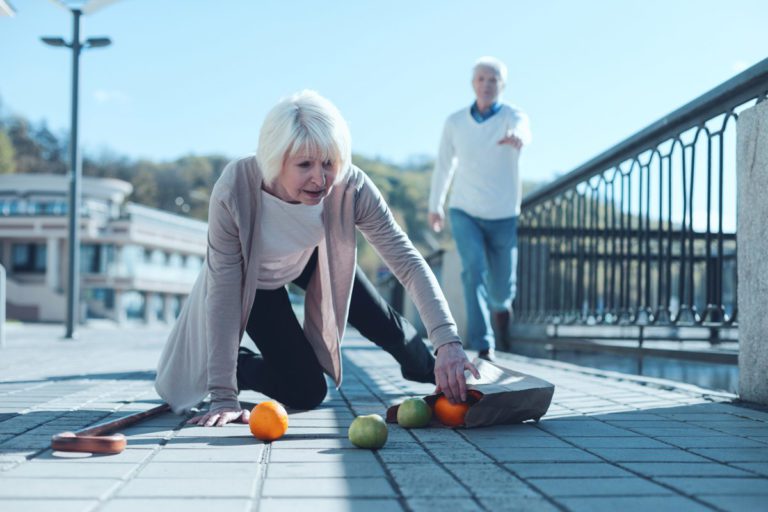



As our nation battles the COVID-19 pandemic, and we honor social-distancing requirements and shelter-in-place orders, many of us find ourselves looking for ways to avoid cabin fever. Fortunately, the New Jersey shelter-in-place order allows you to engage in outdoor recreational activities, provided you keep at least six feet between you and others. As a result, many people are taking the opportunity to walk in the neighborhood.
With more people on the sidewalks, it’s inevitable that there will be more slip-and-falls on broken or cracked concrete. If you trip or fall on sidewalk panels in need of repair, who’s responsible for your losses? Does the duty of a property owner to maintain their property extend to the public sidewalk in front of the house, or is that the responsibility of the local municipality?
To determine liability for a slip-and-fall on a sidewalk in New Jersey, the first question is whether the sidewalk is private or public. As a general rule, a sidewalk must meet one of the following criteria to be considered a “public” sidewalk:
A sidewalk is not considered public if it is wholly on private property (e.g., running from a public thoroughfare to a private house or among buildings on private property) or runs alongside a private road or driveway.
When a fall occurs on a public sidewalk, liability for injuries depends on whether adjoining property is commercial or residential. In New Jersey, a commercial property owner may be responsible for maintaining public sidewalks adjoining the property. Residential property owners generally do not have that duty; however, they can be liable if they engage in acts that make a dangerous sidewalk condition even worse.









Email us using this contact form and we will quickly reach back out with answers.



















